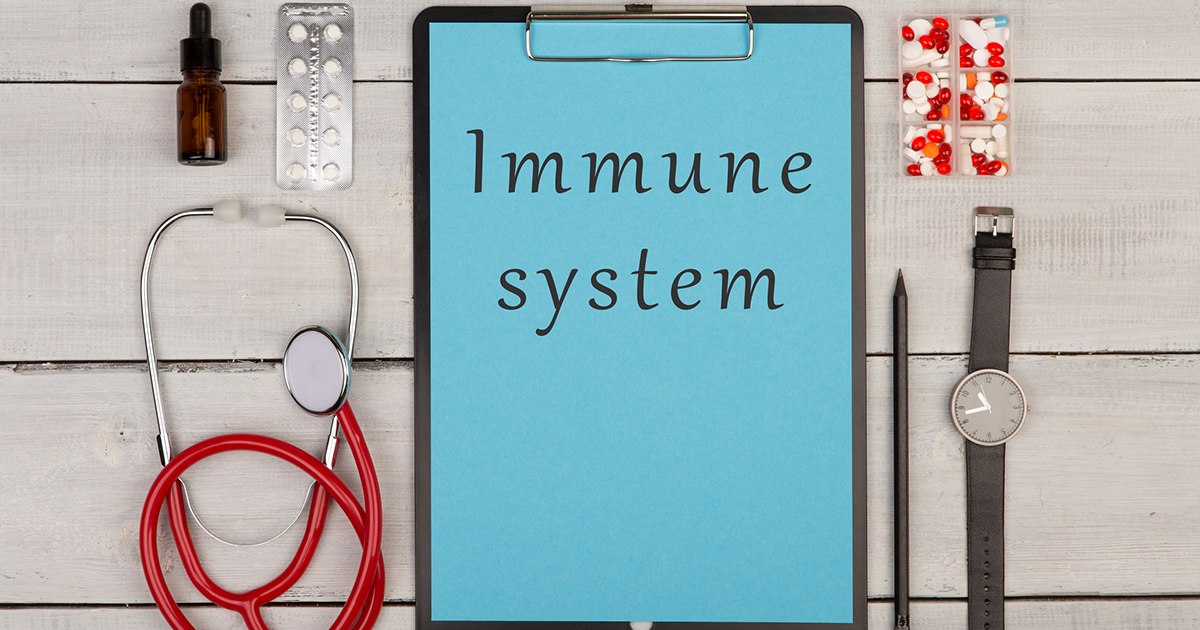Subtle Signs Your Body Might Be Reacting Badly to Gluten
Gluten intolerance isn't always as obvious as a stomachache after eating bread. While celiac disease is a well-known autoimmune disorder that affects about one percent of the population, countless others experience non-celiac gluten sensitivity (NCGS) without realizing it. The tricky part? Gluten-related symptoms can masquerade as everyday ailments—fatigue, headaches, skin issues, or even mood swings—making it easy to overlook the real culprit hiding in your diet. We’ve expanded our list to 27 glaring gluten red flags that could be signaling your body’s intolerance. If these symptoms sound all too familiar, it might be time to talk to a doctor about getting tested. And if you’ve already been diagnosed but still struggle with persistent symptoms, a two-week elimination period without gluten could provide valuable insight. Read on to uncover the surprising ways gluten intolerance might be affecting your health—and what you can do about it.
1. Depression And Anxiety

Research indicates individuals with gluten intolerance are more likely to experience general anxiety disorder, depression, and panic disorders than those who are not intolerant to gluten. Another study reported forty percent of individuals with self-diagnosed gluten intolerance experienced significant anxiety. Gluten can affect depression by causing abnormal serotonin levels in the brain and decreasing the number of beneficial bacteria in the gut, which is also known as the 'second brain.' When certain gluten proteins are digested, they form peptides that interfere with a patient's central nervous function.
2. Autoimmunity

According to quite a lot of detailed research, if individuals have been diagnosed with celiac disease, they are also prone to other autoimmune diseases such as Crohn's disease, ulcerative colitis, type one diabetes, and autoimmune thyroid disease. Autoimmune conditions occur when the immune system mistakenly attacks the body's tissues. These conditions make patients particularly susceptible to inflammatory foods such as gluten, dairy, and refined sugar. As such, someone diagnosed with any kind of autoimmune condition may also be intolerant to gluten. Essentially, this boils down to individuals simply being more susceptible to other issues with their immune system if they already have one autoimmune condition of any kind.
